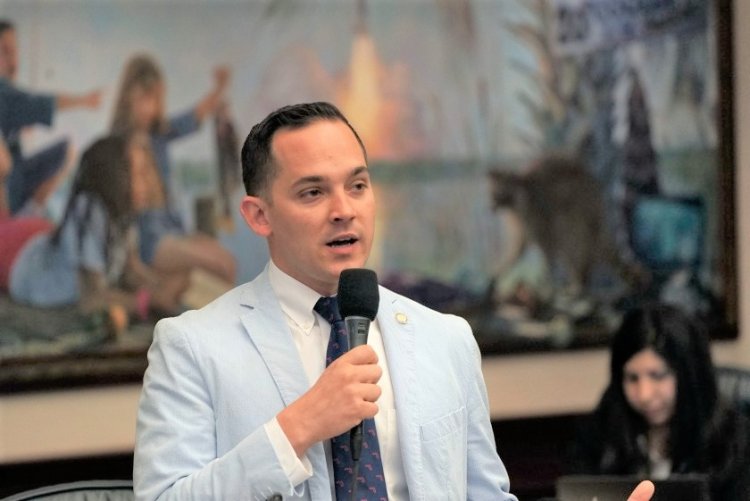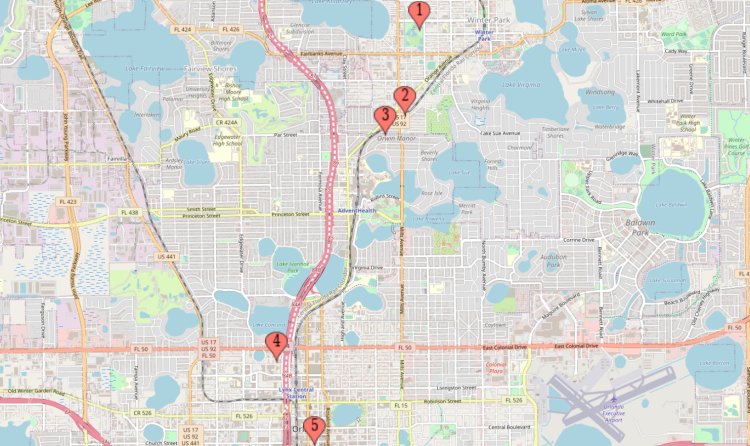Sabatini to Fight Big Tech Censorship in 2021 Session


Censorship is all the rage these days. Well, that is, if you’re working for a social media company. The rest of us plain don’t like it and find it un-American. That’s part of the reason that State Representative Anthony Sabatini is introducing a bill that would allow Florida residents to take legal action against social media companies. When Twitter suspended the account of the President of the United States, Donald Trump, it prompted concerns concerns not only from many Americans, but also heads of state of foreign governments including Mexico, France, and Germany. In a statement released by her spokesperson, Chancellor Angela Merkel of Germany said, “The right to freedom of opinion is of fundamental importance. Given that, the chancellor considers it problematic that the president’s accounts have been permanently suspended.” It’s not every day that you find Anthony Sabatini and Angela Merkel agreeing on something. But freedom of speech is one of the foundations of America and an idea that has become popular in many parts of the world since the United States enshrined it as the first natural right that government is established to protect. Some might argue that the only protections the U.S. Constitution guarantees is the right of free speech from the federal government. After all, the amendment reads: “Congress shall make no law respecting an establishment of religion, or prohibiting the free exercise thereof; or abridging the freedom of speech, or of the press; or the right of the people peaceably to assemble, and to petition the Government for a redress of grievances.” However, there are additional things that make Twitter’s censorship so troubling. First, it is the fact that censorship – anytime, any place – does not promote a culture of free speech. Secondly, these Big Tech companies are becoming so powerful that they are becoming as much or (as some argue) even more powerful than the government.
More so, these social media platforms have become the new town square. And if they have the power to silence the President of the United States from getting his message out to the public in our new town square – the internet – then they have the power to silence any one of us. Some might also argue that the free-market answer is to create an alternative platform. One of those platforms, Parler, was gaining in popularity, especially among Trump supporters. However, just days after the Twitter banned the President, Big Tech giants Google, Apple, and Amazon virtually eliminated access to Parler. Google and Apple banned the apps from their stores and devices and Amazon removed Parler from its web hosting services. Clearly, these Big Tech giants have now proven to use their monopolistic powers to remove any competition. It didn’t take the President being removed for Representative Sabatini to take action. He had the foresight to start making moves on Big Tech in December, when he filed House Bill 33, the “Stop Social Media Censorship Act.” In a message he tweeted on December 4, Sabatini argued that “this Bill would allow for a state cause of action (lawsuit) against large social media companies that censor user’s content. Big-Tech censorship is a threat to our Republic.” If the bill passes the Florida legislature and is signed into law by the Governor, it could go into effect as soon as July 1. Lawmakers across Florida should get behind this bill and stand up for the right of every American to have access to the new town square – before it’s too late.

 Marshall S. Swanson
Marshall S. Swanson 
















